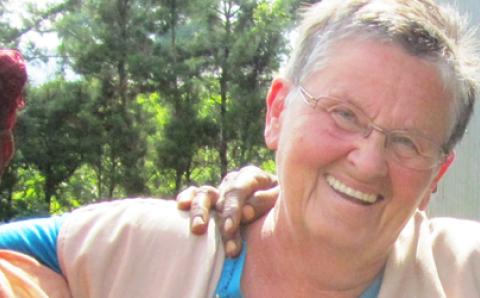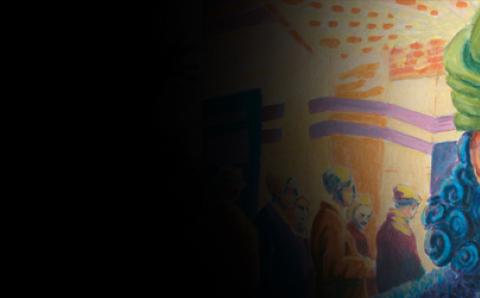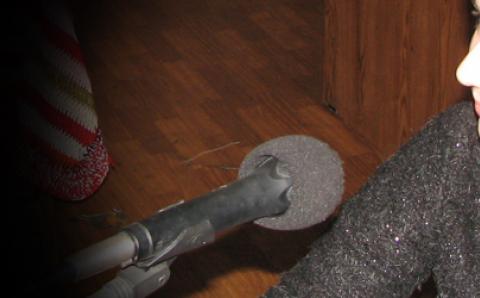I am a coffee snob. I am not ashamed to admit it. I love coffee and cannot imagine getting up in the morning without having several cups of it. I also want to make sure that I have good coffee—expertly roasted, freshly ground, and brewed in a quality machine.
I thought about that as I contemplated writing about what we have come to know as “Coffee Break.” There seems to be a growing thirst for what comes with such a Coffee Break all around the world. I praise God for that.
Some 40 years ago, Rev. Alvin Vander Griend and Neva Evenhouse launched Coffee Break to help people connect both with their neighbors and with the Word of God. It has developed into a hunger for the Word that puts my thirst for good coffee to shame. It includes coffee, but on the side. Central on the table and to the conversation—and in people’s hearts—is the Word of God. And now it has gone global. What a thrilling development!
The secret of the success of this movement can be traced all the way back to a town in southwestern Macedonia called Berea. You might even think of this as something akin to Global Coffee Break.
When the Word made its way to Berea through Paul and Silas, the Bereans gathered, like so many in North America and throughout the world, around the Word. The Bereans proved, Dr. Luke writes, to be “of more noble character than the Thessalonians,” who ended up basically chasing them out of town. Those Bereans “received the message with great eagerness and examined the Scriptures every day to see if what Paul said was true” (Acts 17:11).
While it might sound like Dr. Luke was nearly as snobbish in his attitude toward Bible study as I am toward my coffee—calling these Bible-studiers “of more noble character”—actually he declares them “good-birthed” in so doing.
Think about it. Those who gathered to examine the Word enthusiastically and carefully, ultimately receiving it as the truth of God, proved to have been well-born. Might I suggest hearing that as “well-born again”? Might I suggest that what originally inspired the Berean Bible study, what kept it not only going but growing, was the fact that they found life in it, new life, full life, good life?
And might I say it is still happening today? Around tables and beside coffee cups from Anacortes to Atlanta, from Halifax to Vancouver, from Seoul to Sulawesi. The coffee is optional, maybe absent altogether. What is common to all these tables all around the globe is the Word that made such a difference in Berea, and makes such a difference to us, and is making such a difference worldwide to this very day. It is the Word that brought life to Berea. The Bereans’ “more noble character” was actually their new birth—of the Spirit, through the Word.
That is how it still works. Around tables in rooms at your own local church. Around tables in a host of places dotting the globe. And right in the chair where you sit each morning, holding your fresh-brewed coffee in one hand, the Word of God in your other hand, and its truth in your heart.
I am going to pray for Coffee Break—at my own church and in others in my community and throughout this continent and all over the world. I am going to pray for the ongoing preparation of good materials and eager leaders. I am going to pray that the Word that changed lives in Berea will continue to make its way into countless hearts “from every tribe and language and people and nation” (Rev. 5:9).
And I am going to pray that my prayers for the success of Coffee Break everywhere will be the opportunity for God to break even further into my very own heart, making sure that my thirst for good coffee is exceeded by my thirst for the Good News.
About the Author
Rev. Joel R. Boot is the executive director of the Christian Reformed Church in North America.









